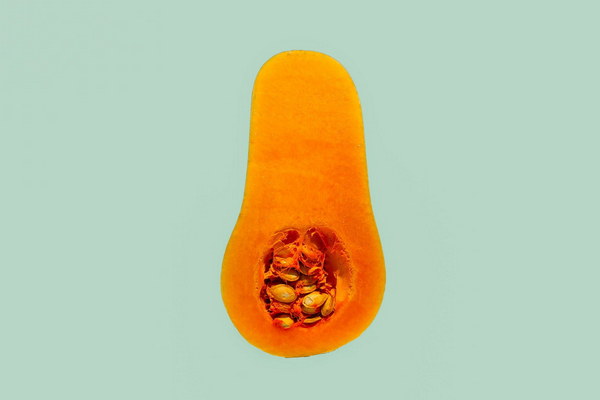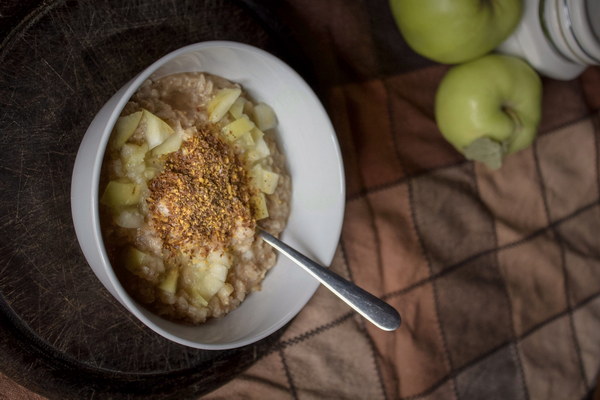Maximizing Liver Health The Ultimate Guide to Effective Liver Protection, Detoxification, and Nourishment
Introduction:
The liver is a vital organ responsible for filtering toxins, producing bile, and metabolizing nutrients. Maintaining a healthy liver is essential for overall well-being. In this article, we will explore the most effective ways to protect, detoxify, and nourish your liver, ensuring optimal liver health.
1. Nutrition for Liver Health:
A balanced diet plays a crucial role in liver health. Here are some tips to incorporate into your eating habits:
a. Increase Your Intake of Antioxidants:
Antioxidants help neutralize harmful free radicals and protect the liver from oxidative stress. Incorporate foods rich in antioxidants, such as berries, green leafy vegetables, nuts, and seeds.
b. Consume Omega-3 Fatty Acids:
Omega-3 fatty acids have anti-inflammatory properties that support liver health. Fish, flaxseeds, chia seeds, and walnuts are excellent sources of omega-3s.
c. Limit Alcohol Consumption:
Excessive alcohol consumption can lead to liver damage. To protect your liver, limit your alcohol intake and choose low-alcohol or non-alcoholic beverages when possible.
d. Eat a Variety of Fruits and Vegetables:
Fruits and vegetables contain essential vitamins, minerals, and fiber that support liver function. Aim for a diverse range of colorful produce to maximize the benefits.
e. Include Liver-Healthy Foods:

Certain foods are known to support liver health. Incorporate these into your diet:
- Artichokes: Artichokes contain cynarin, a compound that stimulates bile production and supports liver function.
- Milk Thistle: Milk thistle contains silymarin, which has been shown to protect liver cells and promote liver regeneration.
- Green Tea: Green tea is rich in antioxidants and has been associated with improved liver function.
- Beets: Beets contain betalains, which help reduce inflammation and support liver detoxification.
2. Regular Exercise:
Physical activity promotes healthy liver function and aids in the removal of toxins from the body. Aim for at least 30 minutes of moderate exercise, such as walking, cycling, or swimming, most days of the week.
3. Adequate Hydration:
Drinking plenty of water helps flush out toxins and supports liver function. Aim for at least 8 glasses of water per day, and adjust your intake based on your activity level and climate.
4. Avoid Harmful Substances:
Toxins from tobacco, drugs, and certain medications can harm your liver. Avoid smoking and limit exposure to toxic substances as much as possible.
5. Manage Stress:
Chronic stress can impact liver health. Practice stress-reducing techniques such as meditation, deep breathing exercises, or yoga to maintain a healthy liver.
6. Regular Health Check-ups:
Regular visits to your healthcare provider can help identify any liver-related issues early. Discuss your lifestyle and risk factors with your doctor to ensure your liver remains healthy.
Conclusion:
Taking care of your liver is essential for overall health. By incorporating a balanced diet, regular exercise, adequate hydration, and avoiding harmful substances, you can effectively protect, detoxify, and nourish your liver. Remember to consult with a healthcare professional for personalized advice and support on maintaining optimal liver health.


![Discover the Nourishing Flavors at Ningde Yellow Croaker Hotel Call Us at [Hotel Phone Number] for Reservations!](http://img.bluepurple.cn/a/养生/21/Discover-the-Nourishing-Flavors-at-Ningde-Yellow-Croaker-Hotel-Call-Us-at-Hotel-Phone-Number-for-Reservations.jpg)






